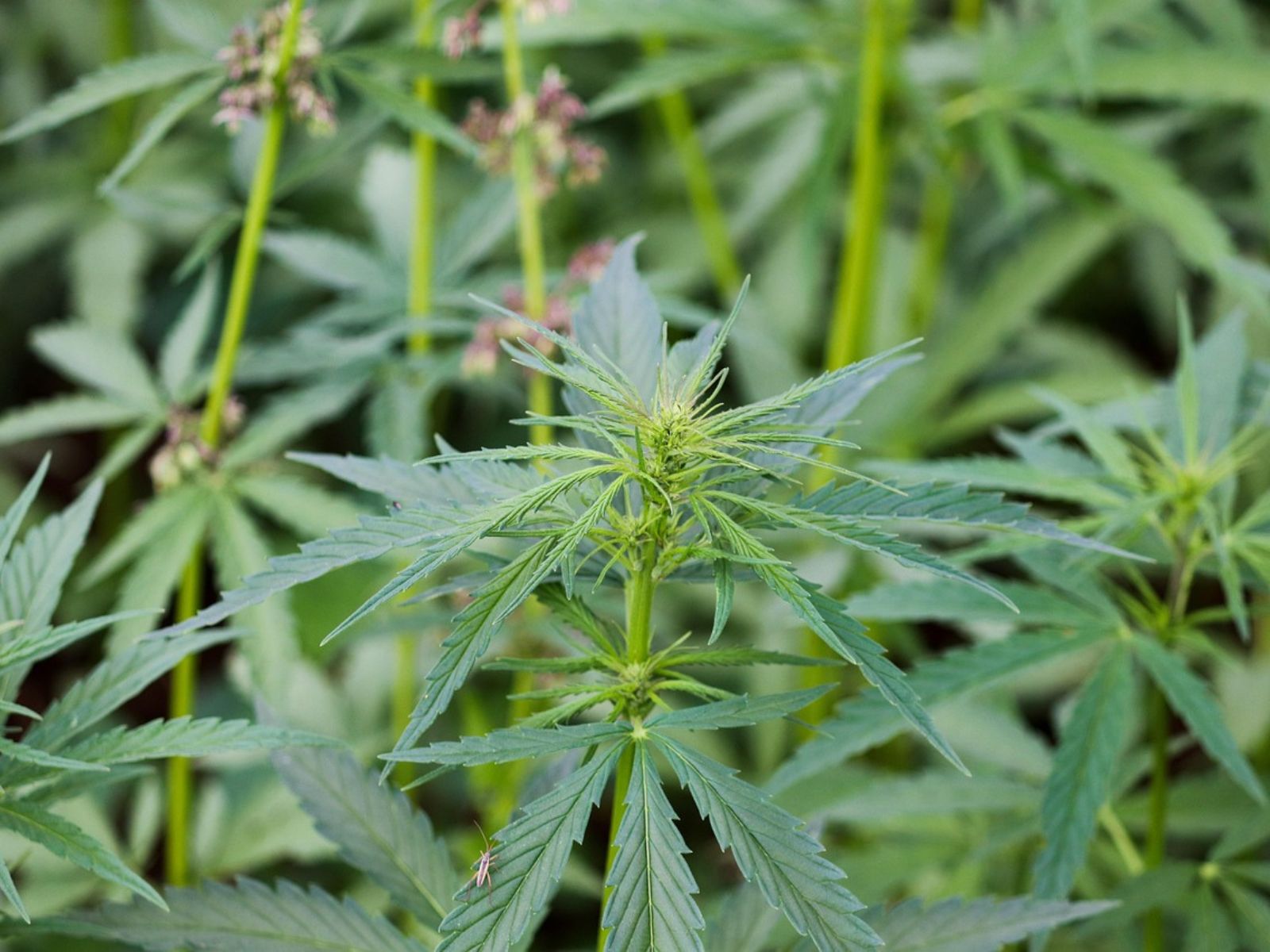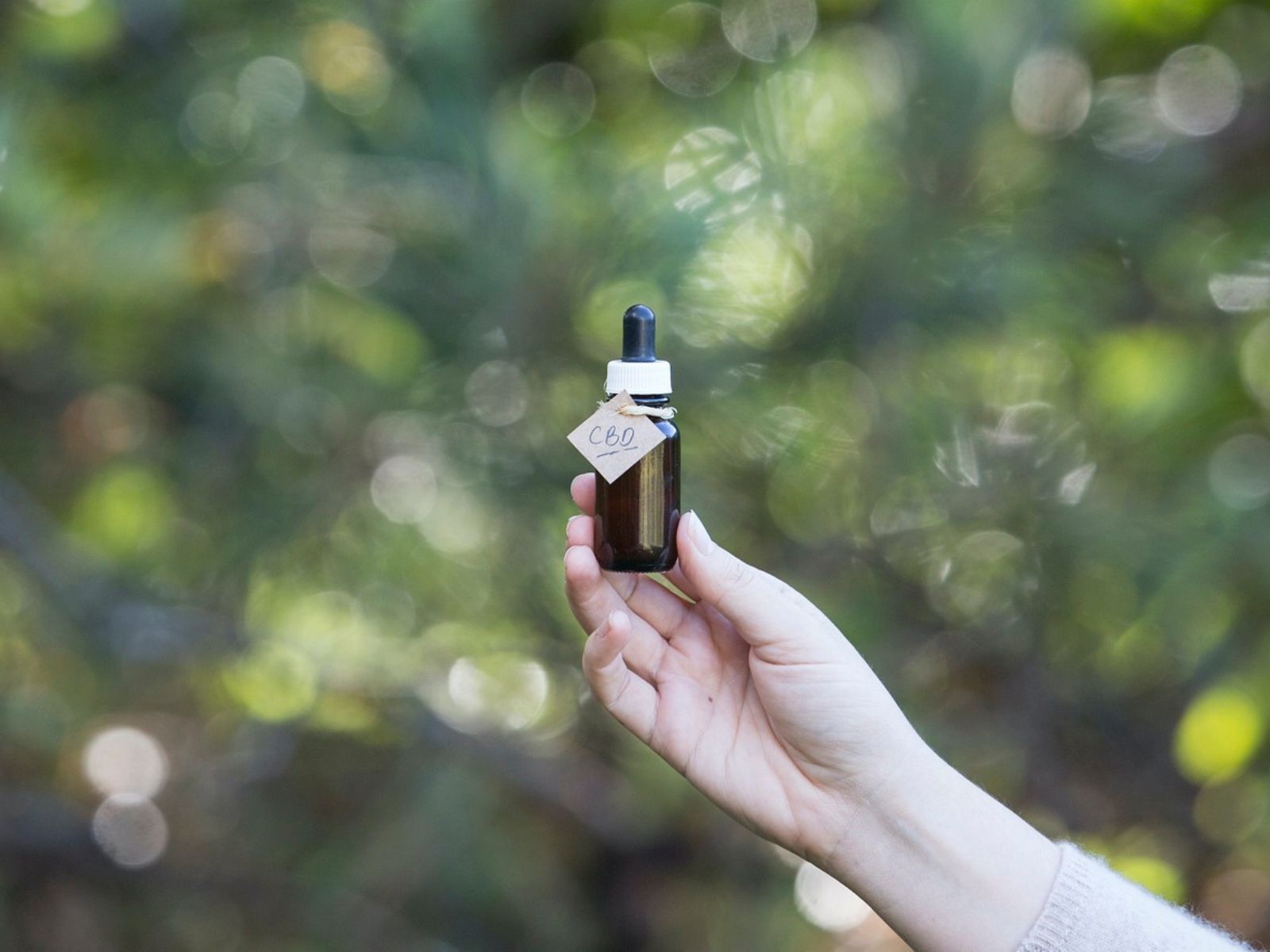
Comparing U.S. And European Cannabis Legalization

Comparing U.S. And European Cannabis Legalization
Starting in 2012 with Colorado and Washington State, jurisdictions in the U.S. began to modernize their cannabis policies to permit adult-use cannabis activity. In some cases, the reform efforts involved legalizing sales of recreational cannabis products. Today, two dozen states in the U.S. have adopted adult-use legalization, as well as Washington D.C.
In recent years, adult-use cannabis policy modernization has spread to the European continent. The first European nation to adopt a national recreational cannabis law was Malta in 2021, followed by Luxembourg in 2023 and Germany in 2024.
Earlier this year, lawmakers in the Czech Republic also adopted a national adult-use cannabis legalization measure, with the new law set to take effect on January 1st, 2026. A national adult-use cannabis legalization measure was recently introduced in Slovenia, and policymakers in Switzerland are also considering a national recreational legalization measure.
At the state level in the U.S., and the national level in Europe, no two legal jurisdictions have the same model. Every jurisdiction permits differing cultivation, possession, and commerce policies and regulations to some degree.
In the U.S., most legal cannabis states permit home cultivation, but not all of them. Washington State is a noteworthy example. Despite being one of the first legal states in the U.S., along with Colorado, Washington still prohibits adult-use home cannabis cultivation. Illinois also does not permit adult-use cultivation.
Additionally, most legal recreational jurisdictions in the U.S. permit adult-use cannabis product sales, but there are exceptions. Virginia allows legal adult-use cannabis possession, but not sales. Washington D.C. also permits personal adult-use activity, but not adult-use product sales.
Vermont was the first state in the U.S. to legalize via legislative action, and initially did not permit adult-use cannabis sales, but later modernized its adult-use model to permit sales. All the while, cannabis has remained a Schedule I substance at the federal level in the United States, and all adult-use activity is prohibited at the federal level, but ‘tolerated’ at the state and district levels.
A somewhat similar public policy scenario exists in Europe, where European Union agreements largely prohibit modernized adult-use cannabis policies and regulations, but do allow limited national-level legalization to proceed in some ways.
Current European Union agreements prohibit national adult-use product sales, like what is occurring in Canada and Uruguay, but do allow reform measures to be adopted by its member nations if they fall within research and ‘boosting public health outcome’ parameters.
Home cultivation is so far a standard component of adult-use legalization models in Europe. Malta, Luxembourg, and Germany all permit home cultivation by adults, and once Czechia’s legalization law takes effect, it will also allow home cultivation.
Limited adult-use commerce of non-cannabis light products occurs legally via two channels in Europe right now. The first is via cultivation associations, in which consumers become members of an association and source their cannabis products. Malta and Germany permit cultivation associations, but Luxembourg does not, and when Czechia’s law takes effect, it will also continue to prohibit cultivation associations.
The other EU-approved legal channel for recreational cannabis commerce is regional adult-use cannabis pilot trials. Pilot trials are already operating in the Netherlands and Switzerland, even though both nations have yet to adopt national legalization measures, and pilots are expected to launch someday in Germany too. The legalization models in Malta, Luxembourg, and Czechia do not include pilot trials.
One of the biggest differences between the United States and Europe’s adult-use policy modernization efforts is the way that they are described. Europe’s recent policy modernization models are often described as ‘decriminalization’ even though they would constitute ‘legalization’ in the United States.
The difference between how the two are described is often in the eye of the beholder. Many cannabis policy reformists in the United States do not consider policies to be true legalization unless they involve permitted home cultivation. Conversely, many advocates in Europe do not consider policies to be true legalization unless national adult-use sales are permitted.
My home state, Oregon, became the first state in the U.S. to adopt a cannabis decriminalization measure in 1973, removing the criminal charge associated with possessing a personal amount of cannabis and replacing the penalty with a fine.
Later, in 2014, voters in Oregon approved a measure that removed the fine and allowed adults to possess a personal amount of cannabis with no penalty at all. In my personal opinion, that is the difference between decriminalization and legalization, but I also respect the opinions of other longtime cannabis activists who feel differently.
I am hopeful that in the not-too-distant future, lawmakers on both sides of the Atlantic Ocean will adopt sensible, harmonized cannabis policies and regulations so that consumers and patients are protected, and the industry can reach its full potential.
Share article


Share article
Join Our Awesome Community
Join Our Awesome Community
Join Our Awesome
Community
Get all the latest industry news
delivered to your inbox







